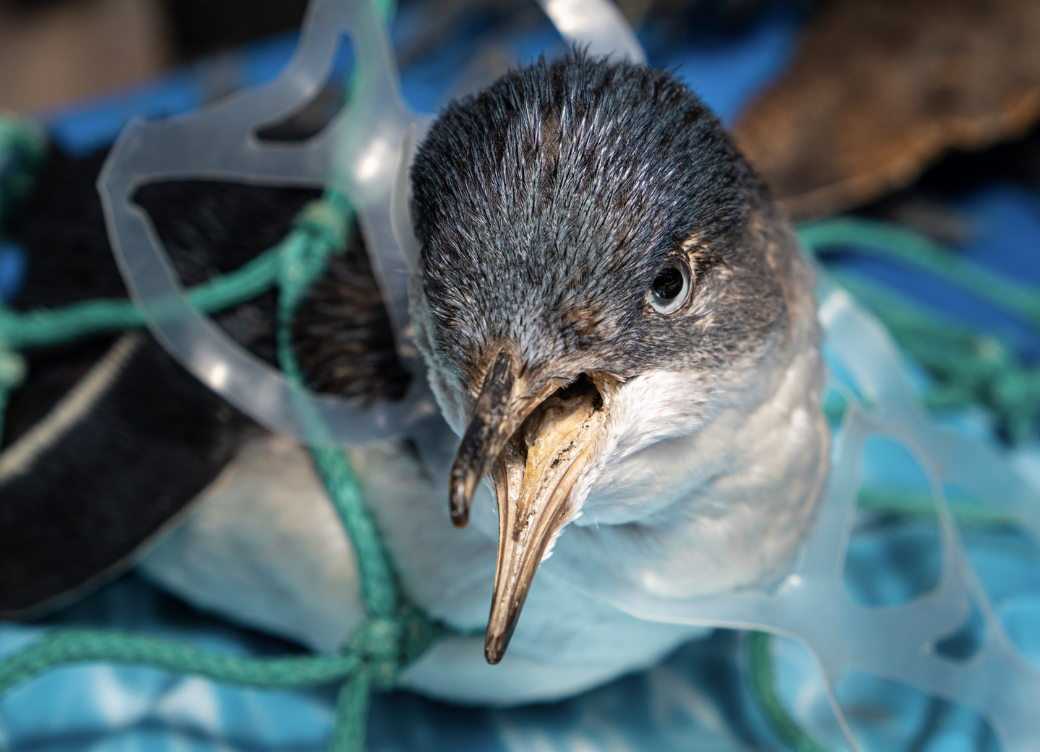The ocean supports the lives and livelihoods of 3 billion people worldwide, making up 97% of the Earth’s water and 71% of the planet’s surface. Ensuring its health and maintaining marine biodiversity is just as important as efforts to protect our land resources. Without one or the other, our environment will suffer, and many of the Earth’s creatures will go extinct.
Marine conservation activities can contribute positively to the ocean environment, but climate change threatens marine life and human populations that depend on it. In a study by the Ocean Conservancy, the US produces 42 million metric tons of plastic yearly. That is more plastic waste than any other country in the world. How can we make a difference and positively impact future generations if our communities depend so much on plastic? Here are five ways to get involved and how to start.
1. Reuse plastic or cut down use entirely.
According to numerous studies, plastic is the most common form of marine litter and comes from land-based sources. Once plastic enters the ocean, it breaks into tiny fragments mistaken for food by underwater creatures. Researchers have found microplastics in fruits and vegetables, tap water, and sea salt. While plastic should not be eaten as food, marine animals still ingest it, thus entering the food chain.
Cutting down on single-use plastic and its byproducts can help reduce the ocean’s volume of plastic pollutants. Carrying reusable bags and shopping at packaging-free stores are good habits.
2. Use natural products and materials.
Being surrounded by nature has immense benefits for our physical and overall well-being. Shouldn’t it be the same for underwater animals? When oils and chemicals find their way into oceans, it harms marine life and further add to ocean pollution. Nowadays, consumers have a choice in purchasing eco-friendly household products like laundry detergent and surface cleaners. However, checking the packaging and its potential for recycling is still advisable.
3. Learn how to segregate waste
Recycling can be complicated. Learning how to dispose of consumer products properly is necessary if we want to help in marine conservation and protect life underwater. For example, plastics have a handful of recycling instructions and not all plastics are created equally. Regular beverage bottles are handled differently than bottlecaps and food packaging, depending on the city’s recycling equipment. Waste recycling is a great way to involve kids and raise their awareness about environmental advocacy at a young age.
4. Support ocean clean-up organizations
Donating and volunteering at marine conservation organizations is the most direct way to be an ocean steward. Currently, our planet needs both large and small-scale efforts and the best ones to offer an effective solution after studying the problem for years.
Caring for the environment
Many of our daily activities contribute to polluting our oceans. Applying sunscreen before swimming, using single-use plastic, and buying bottled water all seem harmless until somebody sees them as floating debris or kills a marine animal. Being mindful of our actions and how our decisions impact the environment is an excellent first step to participating in ocean conservation.
Sources:

